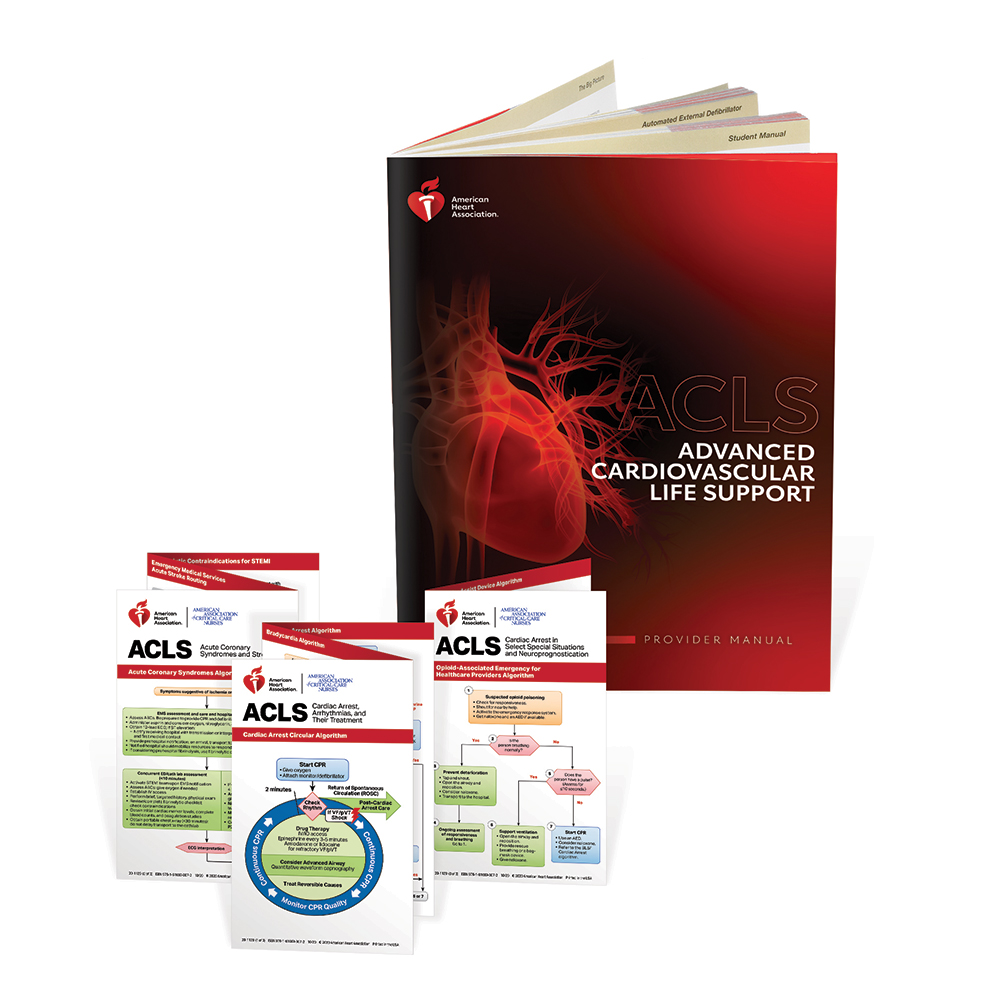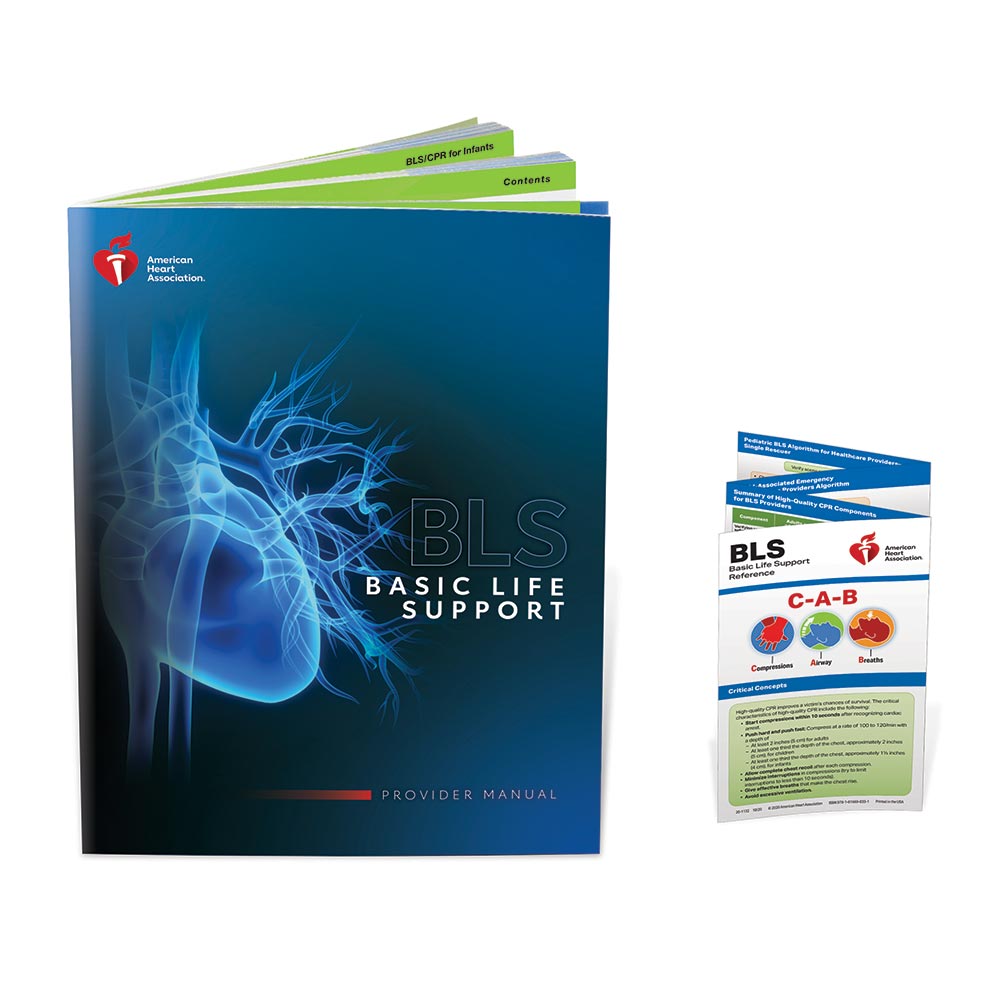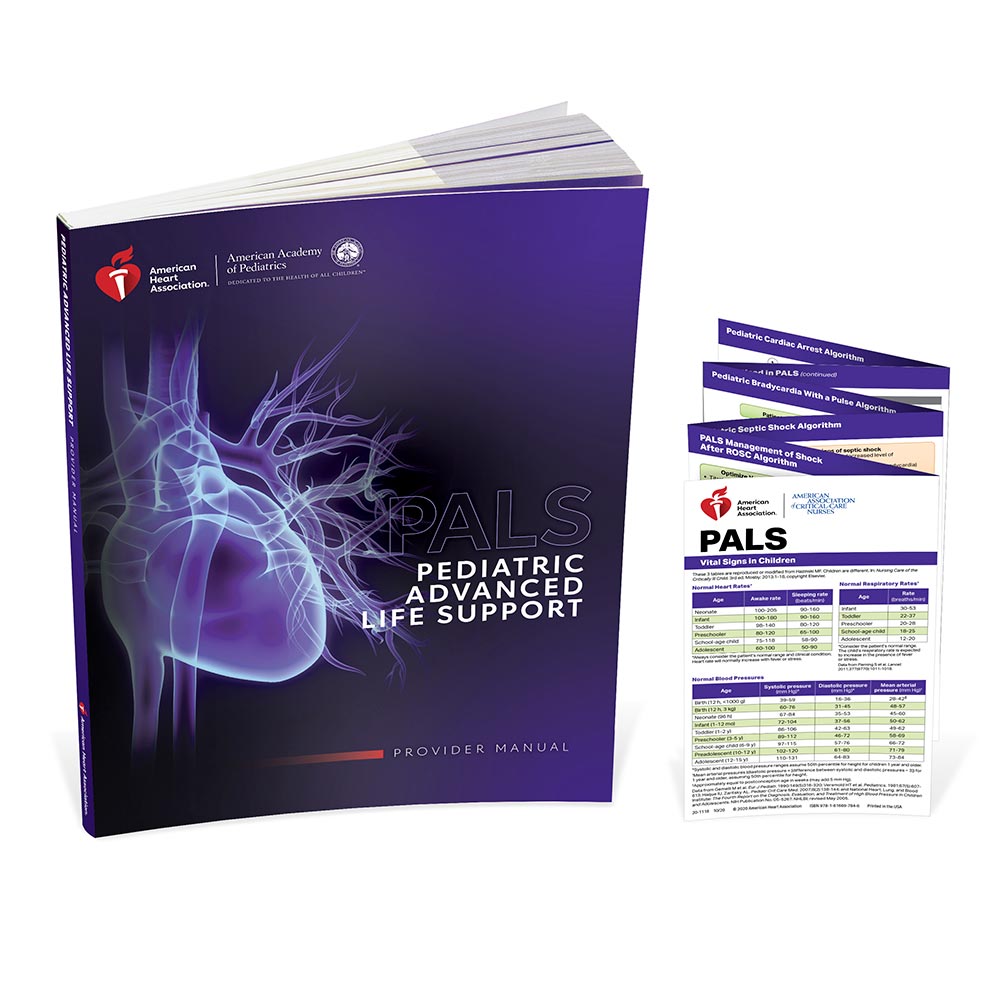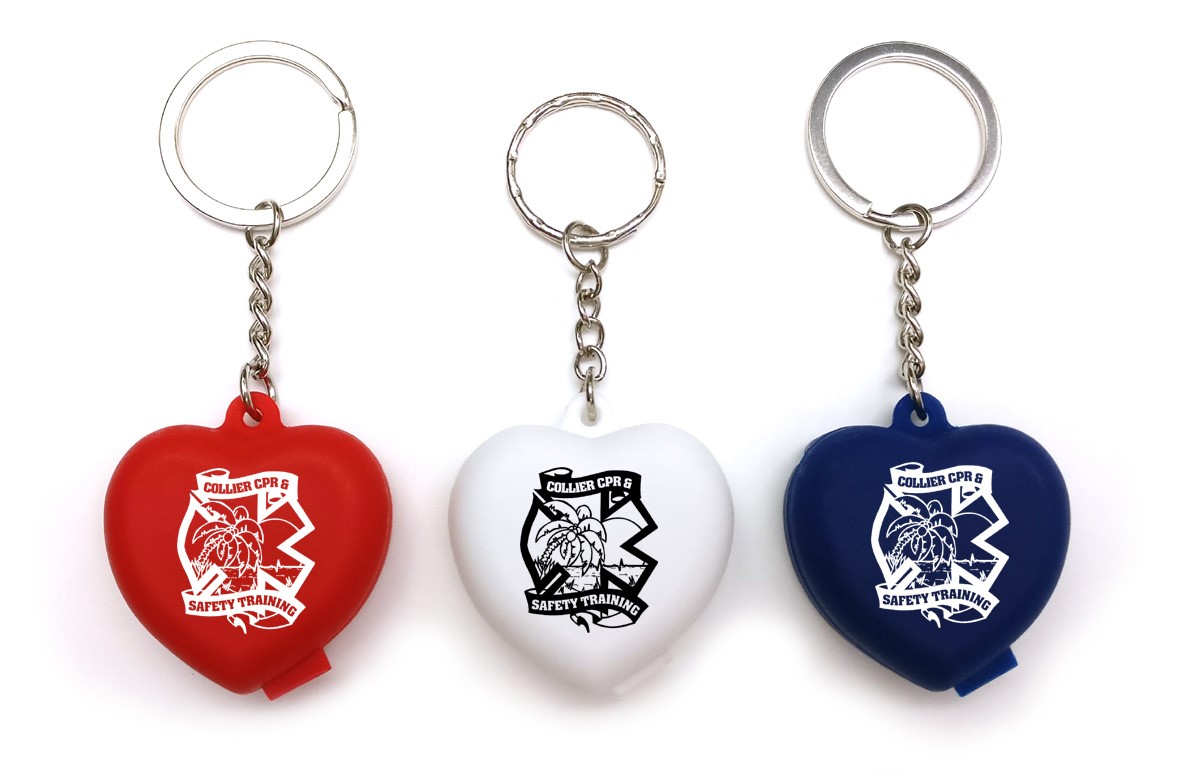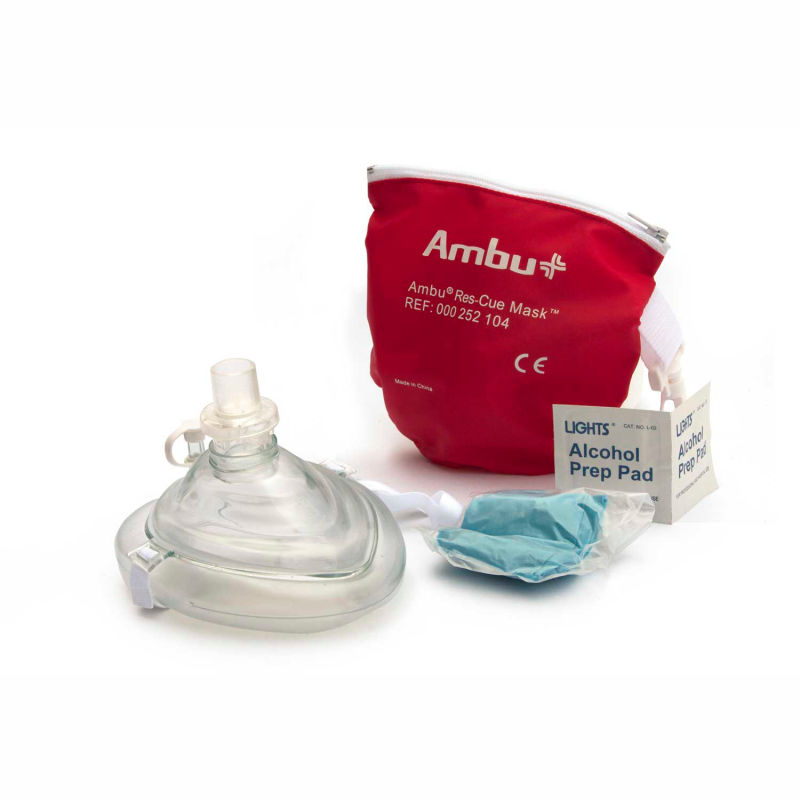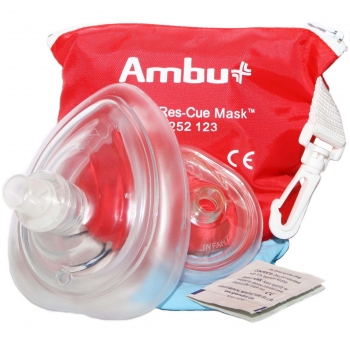This class will cover all material needed to renew your ACLS, PALS, & BLS certifications. SCROLL DOWN AND USE THE TWO LINKS TO THE PRE COURSE SELF ASSESSMENTS…YOU NEED TO COMPLETE THOSE PRIOR TO CLASS!!
ACLS
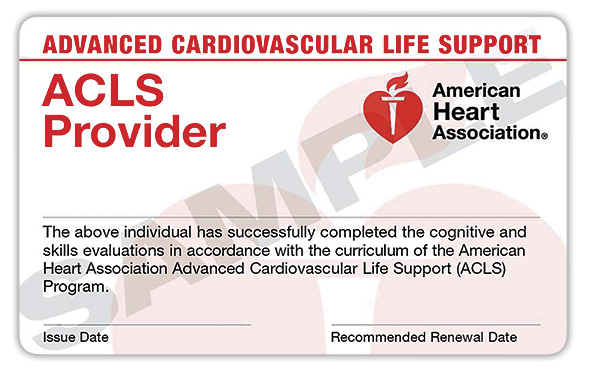
ACLS:
- For healthcare professionals who either direct or participate in the management of cardiopulmonary arrest or other cardiovascular emergencies and for personnel in emergency response
What does this course teach?
- Basic life support skills, including effective chest compressions, use of a bag-mask device, and use of an AED
- Recognition and early management of respiratory and cardiac arrest
- Recognition and early management of peri-arrest conditions such as symptomatic bradycardia
- Airway management
- Related pharmacology
- Management of ACS and stroke
- Effective communication as a member and leader of a resuscitation team
PALS
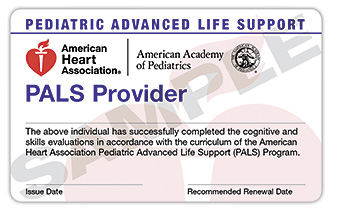
Pediatric Advanced Life Support (PALS):
- For healthcare providers who respond to emergencies in infants and children and for personnel in emergency response, emergency medicine, intensive care and critical care units
What does this course teach?
The goal of the PALS Course is to improve the quality of care provided to seriously ill or injured children, resulting in improved outcomes. To enter the course, students must complete the PALS Precourse Self-Assessment. Throughout the course, students are presented with 12 In-hospital pediatric patient cases and a team dynamics lesson. Upon successful completion of all the patient cases, students must pass the multiple-choice exam with a minimum score of 84%. Topics include:
- High-quality Child CPR AED and Infant CPR
- Recognition of patients who do and do not require immediate intervention
- Recognition of cardiopulmonary arrest early and application of CPR within 10 seconds
- Apply team dynamics
- Differentiation between respiratory distress and failure
- Early interventions for respiratory distress and failure
- Differentiation between compensated and decompensated (hypotensive) shock
- Early interventions for the treatment of shock
- Differentiation between unstable and stable patients with arrhythmias
- Clinical characteristics of instability in patients with arrhythmias
- Post–cardiac arrest management
***ALL STUDENTS ARE REQUIRED TO COMPLETE THE PALS PRECOURSE SELF ASSESSMENT PRIOR TO CLASS AT:
LINK – PALS PRE COURSE SELF ASSESSMENT
***IF RENEWAL, STUDENTS ALSO REQUIRED TO PRESENT CURRENT PALS PROVIDER CARD…
